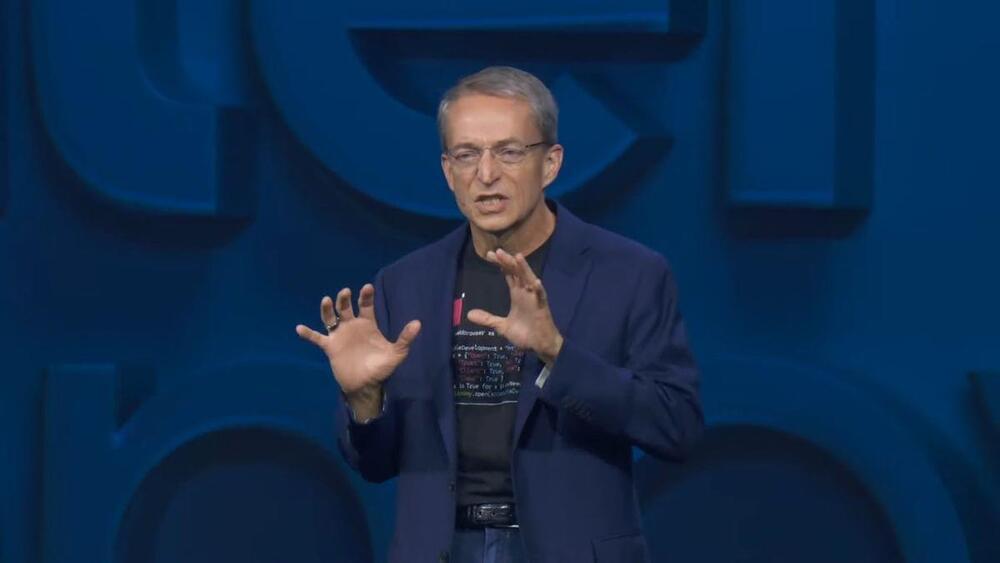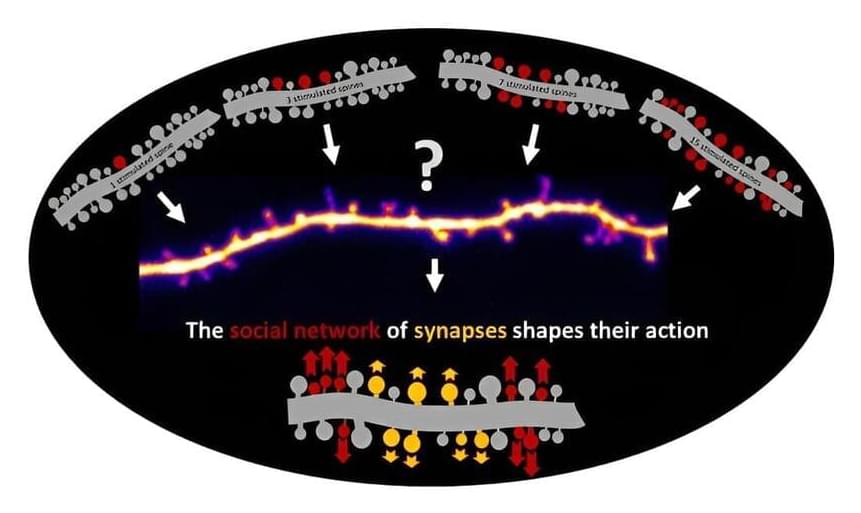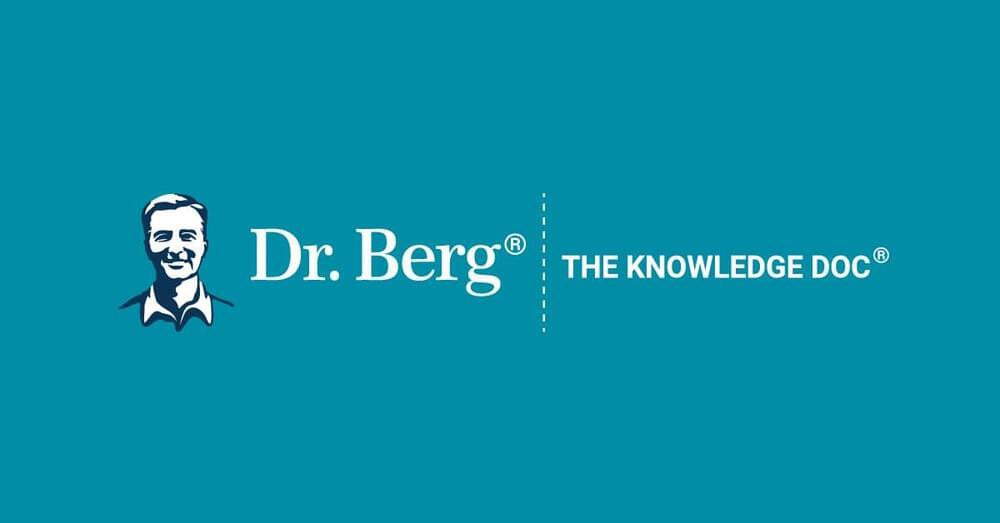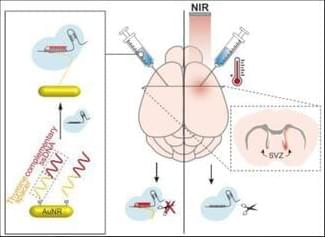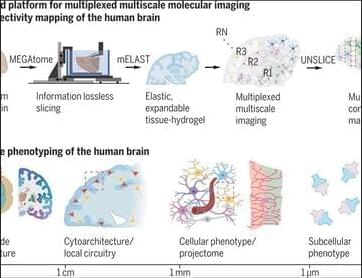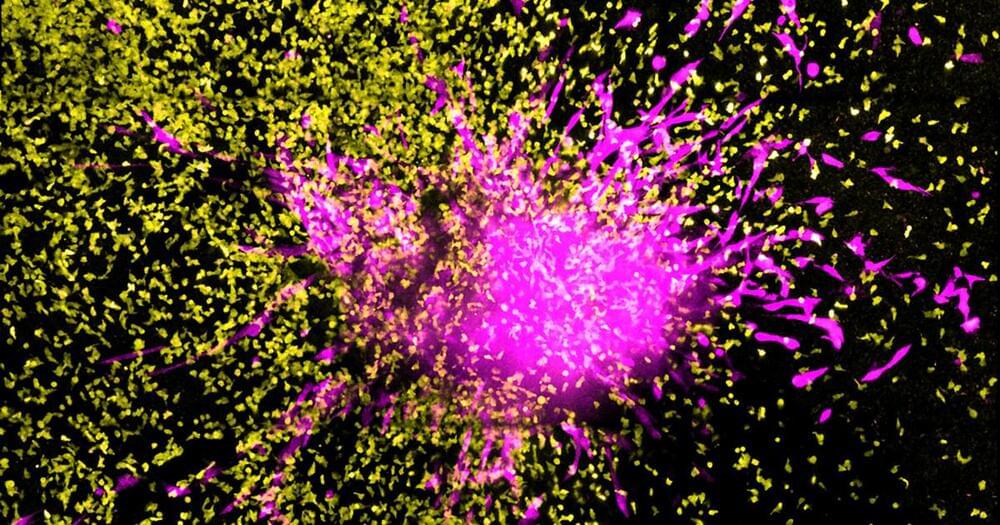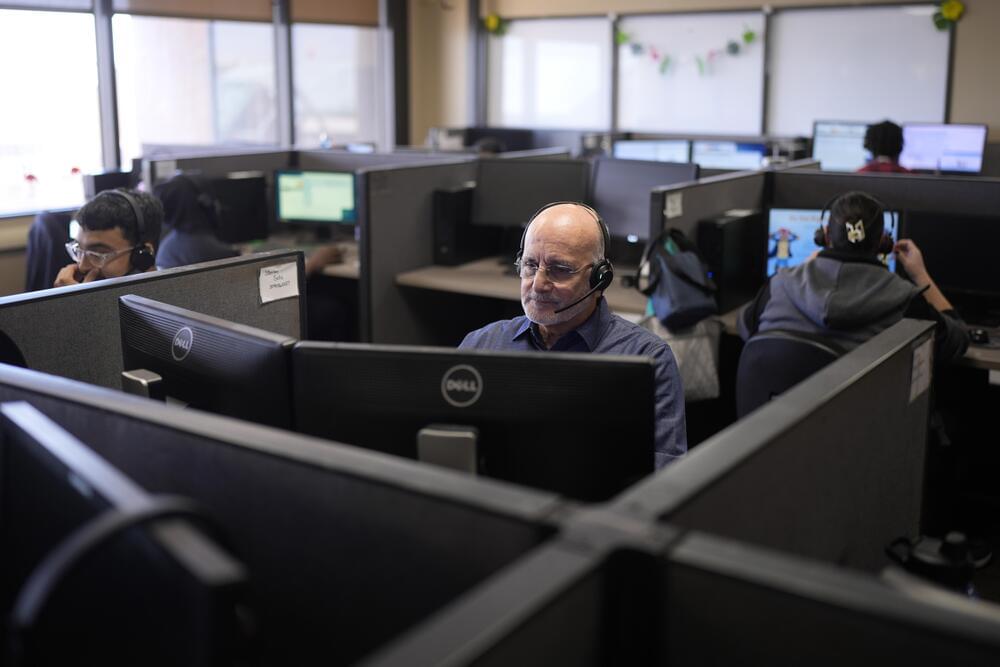Page 24
Sep 3, 2024
Longevity Breakthrough: New Treatment Reverses Multiple Hallmarks of Aging
Posted by Genevieve Klien in categories: biotech/medical, life extension, neuroscience
Researchers at The University of Texas MD Anderson Cancer Center have shown that therapeutically restoring ‘youthful’ levels of a specific subunit of the telomerase enzyme can significantly reduce the signs and symptoms of aging in preclinical models. If these findings are validated in clinical trials, they could have important therapeutic implications for age-related diseases such as Alzheimer’s, Parkinson’s, heart disease, and cancer.
The study, published in Cell, identified a small molecule compound that restores physiological levels of telomerase reverse transcriptase (TERT), which normally is repressed with the onset of aging. Maintenance of TERT levels in aged lab models reduced cellular senescence and tissue inflammation, spurred new neuron formation with improved memory, and enhanced neuromuscular function, which increased strength and coordination.
The researchers show that TERT functions not only to extend telomeres, but also acts as a transcription factor to affect the expression of many genes directing neurogenesis, learning and memory, cellular senescence, and inflammation.
Sep 3, 2024
Study reveals how neighboring synapses coordinate their response to plasticity signals
Posted by Cecile G. Tamura in categories: biotech/medical, computing, neuroscience
Neurons in the brain are like vast networks, receiving thousands of signals from other neurons through tiny structures called synapses.
Researchers from Bonn and Japan have clarified how neighboring synapses coordinate their response to plasticity signals: Nerve cells in the brain receive thousands of synaptic signals via their “antenna,” the so-called dendritic branch. Permanent changes in synaptic strength correlate with changes in the size of dendritic spines. However, it was previously unclear how the neurons implement these changes in strength across several synapses that are close to each other and active at the same time.
The researchers—from the University Hospital Bonn (UKB), the University of Bonn, the Okinawa Institute of Science and Technology Graduate University (OIST) and the RIKEN Center for Brain Science (CBS)—assume that the competition between spines for molecular resources and the spatial distance between simultaneously stimulated spines affect their resulting dynamics. The results of the study have now been published in the journal Nature Communications.
Sep 3, 2024
Australia’s most powerful battery ready for commissioning after achieving grid’s biggest connection
Posted by Shailesh Prasad in category: energy
The most powerful battery in Australia, and biggest single power unit ever to be connected to the country’s main grid, has completed the first stage of its connection and commissioning process, according to its owner Akaysha Energy.
The Waratah Super Battery will be sized at 850 megawatts (MW) and 1,680 megawatt hours (MWh), and its principal role will be to act as a kind of giant shock absorber, allowing the power lines transporting renewable power from the regions to the major load centres on the coast to operate at or near full capacity.
The battery is being built at the site of the already shuttered Munmorah coal fired generator, and will play a key role as the state’s remaining coal fired power plants are retired, even though the closure of the biggest of them all, the 2.88 GW Eraring generator, has been pushed back by at least two years to late 2027.
Sep 3, 2024
Vitamin D — Benefits and Deficiency Warning Signs
Posted by Paul Battista in category: biotech/medical
I might get banned for this! This will make you question everything you thought you knew about Vitamin D and modern medicine.
Want to learn more about Vitamin D? Check out this FREE resource:
Vitamin D – Benefits and Deficiency Warning Signs PDF by Dr. Berg.
Sep 2, 2024
Near‐Infrared Light Activated Formulation for the Spatially Controlled Release of CRISPR‐Cas9 Ribonucleoprotein for Brain Gene Editing
Posted by Logan Thrasher Collins in categories: bioengineering, biotech/medical, chemistry, nanotechnology, neuroscience
A nanoparticle formulation, using oligonucleotide chemistry, able to release a gene editing system with single cell resolution after near infrared laser activation. The full potential of the formulation was demonstrated in the brain after intracerebral and intranasal administrations. The spot of the laser defined the region of gene editing.
Sep 2, 2024
Integrated platform for multiscale molecular imaging and phenotyping of the human brain
Posted by Logan Thrasher Collins in categories: biotech/medical, computing, neuroscience
Understanding cellular architectures and their connectivity is essential for interrogating system function and dysfunction. However, we lack technologies for mapping the multiscale details of individual cells and their connectivity in the human organ–scale system. We developed a platform that simultaneously extracts spatial, molecular, morphological, and connectivity information of individual cells from the same human brain. The platform includes three core elements: a vibrating microtome for ultraprecision slicing of large-scale tissues without losing cellular connectivity (MEGAtome), a polymer hydrogel–based tissue processing technology for multiplexed multiscale imaging of human organ–scale tissues (mELAST), and a computational pipeline for reconstructing three-dimensional connectivity across multiple brain slabs (UNSLICE).
Sep 2, 2024
Two-in-one breakthrough: Cutting-edge immunotherapy could hold promise for incurable brain cancer
Posted by The Neuro-Network in categories: biotech/medical, neuroscience
WEHI researchers have found a specific immunotherapy could hold promise for treating gliomas, an aggressive form of brain cancer with limited treatment options.
The new study shows that CAR T cell therapy not…
Researchers at WEHI have identified a promising new two-in-one treatment that not only targets and destroys an aggressive form of brain cancer, but also helps the immune system develop a lasting defence against it.
Sep 2, 2024
AI may not steal many jobs after all. It may just make workers more efficient
Posted by Shubham Ghosh Roy in categories: employment, robotics/AI
WASHINGTON (AP) — Imagine a customer-service center that speaks your language, no matter what it is.
Alorica, a company in Irvine, California, that runs customer-service centers around the world, has introduced an artificial intelligence translation tool that lets its representatives talk with customers who speak 200 different languages and 75 dialects.
So an Alorica representative who speaks, say, only Spanish can field a complaint about a balky printer or an incorrect bank statement from a Cantonese speaker in Hong Kong. Alorica wouldn’t need to hire a rep who speaks Cantonese.


